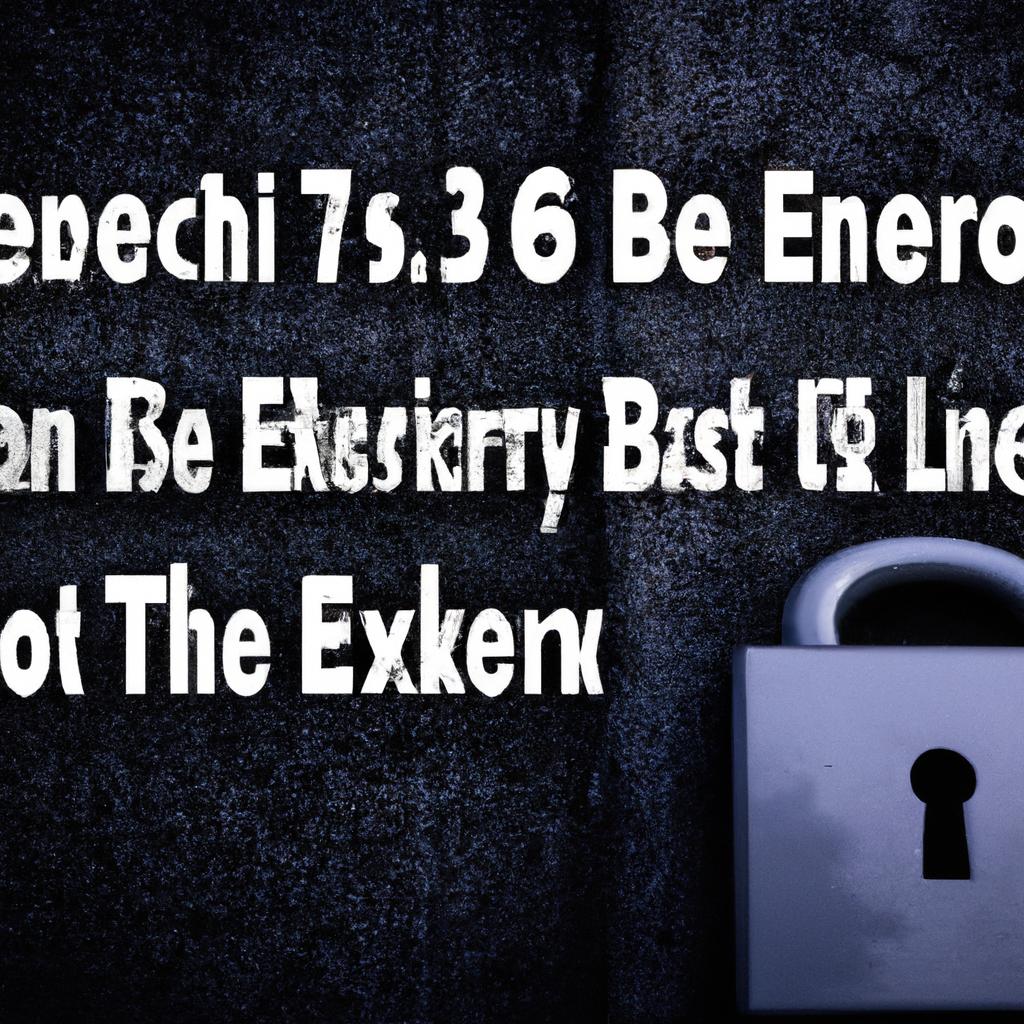When an individual passes away, their influence may diminish, but their legacy endures. Amid the emotional difficulties of losing a loved one, there are practical matters to address, such as managing their financial affairs. One pivotal aspect is ensuring that the deceased person’s Employer Identification Number (EIN), also known as a Tax ID number, is handled appropriately. In this piece, we delve into the process of managing an EIN number for the deceased, offering guidance to navigate this crucial task with care and consideration.
Navigating the Process of Managing an EIN Number for a Deceased Person
The process of obtaining an EIN number for a deceased individual can appear overwhelming, but with the correct information and steps, it can be a relatively straightforward process. It’s important to note that an EIN number does not expire, so if the deceased person already had an EIN number assigned to them, it can still be used for any necessary business or tax-related purposes.
First Steps and Necessary Documentation
One of the initial steps in obtaining an EIN number for a deceased individual is to collect all the required documentation. This may include a death certificate, proof of authority to act on behalf of the deceased person’s estate (such as a will or a letter of testamentary), and any other relevant paperwork. It’s also essential to have the deceased individual’s Social Security number on hand, as this will be needed when applying for the EIN number.
The Application Process
Once all the necessary documentation has been gathered, the next step is to apply for the EIN number online through the IRS website. The process typically involves completing an online application form and submitting it electronically. If preferred, the application can also be done by mail or fax by downloading the appropriate form from the IRS website and submitting it via postal service or fax machine. It’s crucial to double-check all the information provided on the application to ensure accuracy.
Important Considerations When Applying for an EIN for a Deceased Person
When applying for an EIN for a deceased person, several important considerations should be kept in mind to handle the estate’s tax obligations effectively. It is crucial to have all the necessary legal documentation in place, only an authorized individual can apply for an EIN on behalf of the deceased person, and it’s essential to properly fill out the application forms with accurate information.
Why It’s Essential to Obtain an EIN for a Deceased Person’s Estate
When dealing with the estate of a deceased individual, obtaining an Employer Identification Number (EIN) is crucial for several reasons. It fulfills legal requirements, creates a separate entity for the estate, and facilitates the administration of the deceased individual’s financial affairs.
Tips for a Smooth and Efficient EIN Application Process for the Deceased
When applying for an EIN for a deceased individual, there are important tips to keep in mind to ensure a smooth and efficient process. These include gathering necessary documents, providing accurate information, communicating clearly, and staying organized throughout the application process.
Closing Remarks
Obtaining an EIN number for a deceased individual is a necessary step in managing their affairs and ensuring their estate is handled properly. While the process may seem challenging, it is an important task that can ultimately provide peace of mind and closure for all involved. By following the proper procedures and seeking assistance when needed, you can successfully navigate this aspect of the estate administration process. Remember, each individual case is unique, so don’t hesitate to consult with legal and financial professionals for guidance. Thank you for reading and best of luck in your endeavors.

Unlocking the Benefits of an EIN Number for the Deceased
What is an EIN Number?
An Employer Identification Number (EIN) is a unique identifier assigned by the Internal Revenue Service (IRS) to businesses and other entities for tax purposes. It is also known as a Federal Tax Identification Number and is used to identify a business entity.
Benefits of Obtaining an EIN Number for the Deceased
While typically used for businesses, an EIN number can also be beneficial in certain circumstances for individuals, such as the deceased. Some of the key benefits of obtaining an EIN number for someone who has passed away include:
- Facilitates the settlement of the deceased’s estate
- Allows for the transfer of assets to beneficiaries
- Enables the filing of the deceased’s final tax returns
- Helps prevent identity theft and fraud
Practical Tips for Utilizing an EIN Number for the Deceased
When applying for an EIN number for a deceased individual, there are several important steps to keep in mind:
- Obtain a copy of the death certificate
- Complete IRS Form SS-4, Application for Employer Identification Number
- Provide relevant information about the deceased, such as their name, date of death, and Social Security Number
- Use the EIN number for tax-related purposes, such as filing final tax returns and transferring assets
- Keep the EIN number secure to prevent unauthorized access to the deceased individual’s financial information
Case Study: John’s Experience with Obtaining an EIN Number for His Deceased Father
John recently lost his father and needed to settle his estate. He decided to apply for an EIN number to simplify the process. By obtaining an EIN number for his deceased father, John was able to efficiently transfer assets to beneficiaries and file his father’s final tax returns without any issues.
Conclusion
obtaining an EIN number for a deceased individual can provide several benefits and facilitate the settlement of their estate. By following the necessary steps and utilizing the EIN number for tax-related purposes, you can streamline the process and ensure that the deceased’s affairs are properly handled. If you find yourself in a similar situation, consider obtaining an EIN number to unlock these advantages for the deceased and their loved ones.


